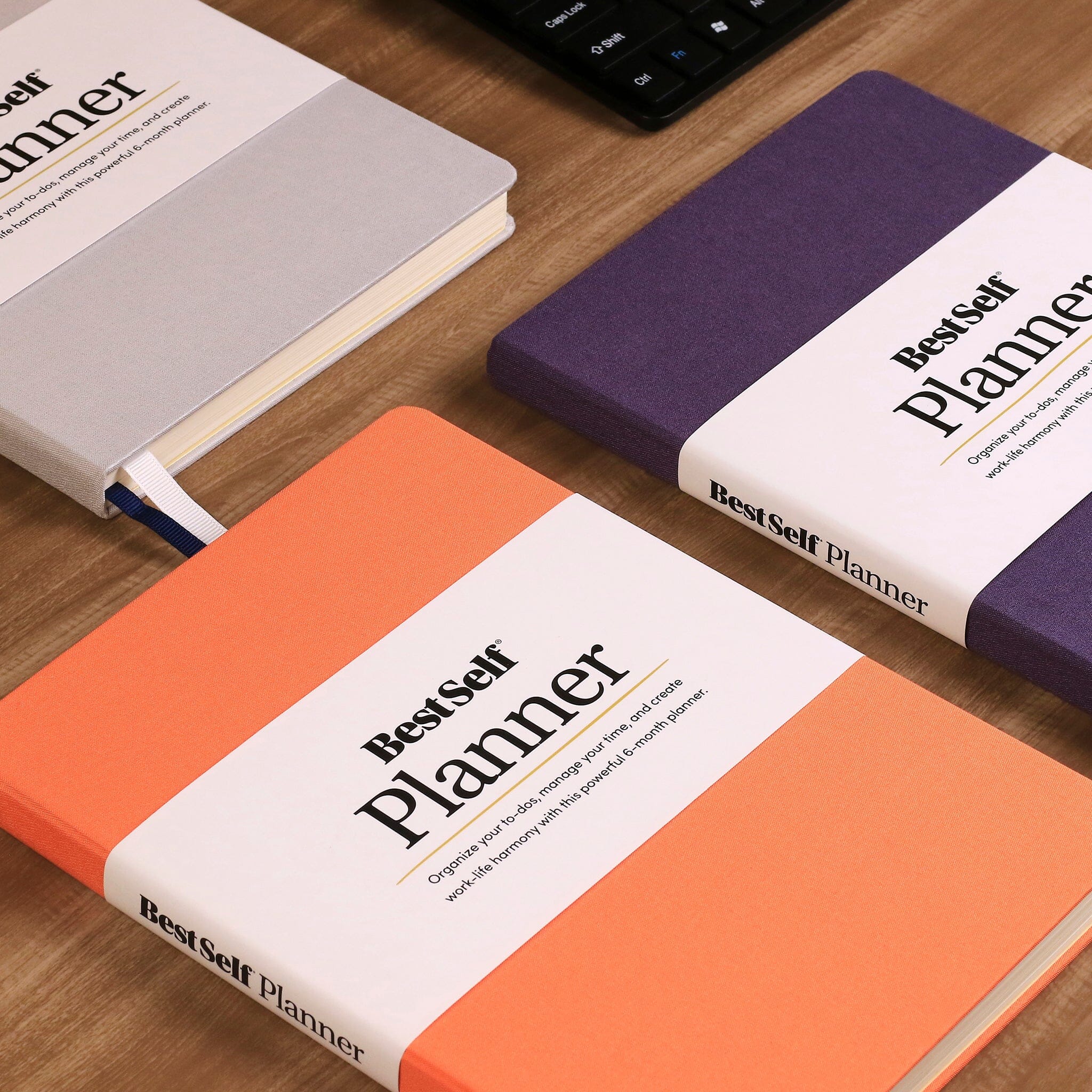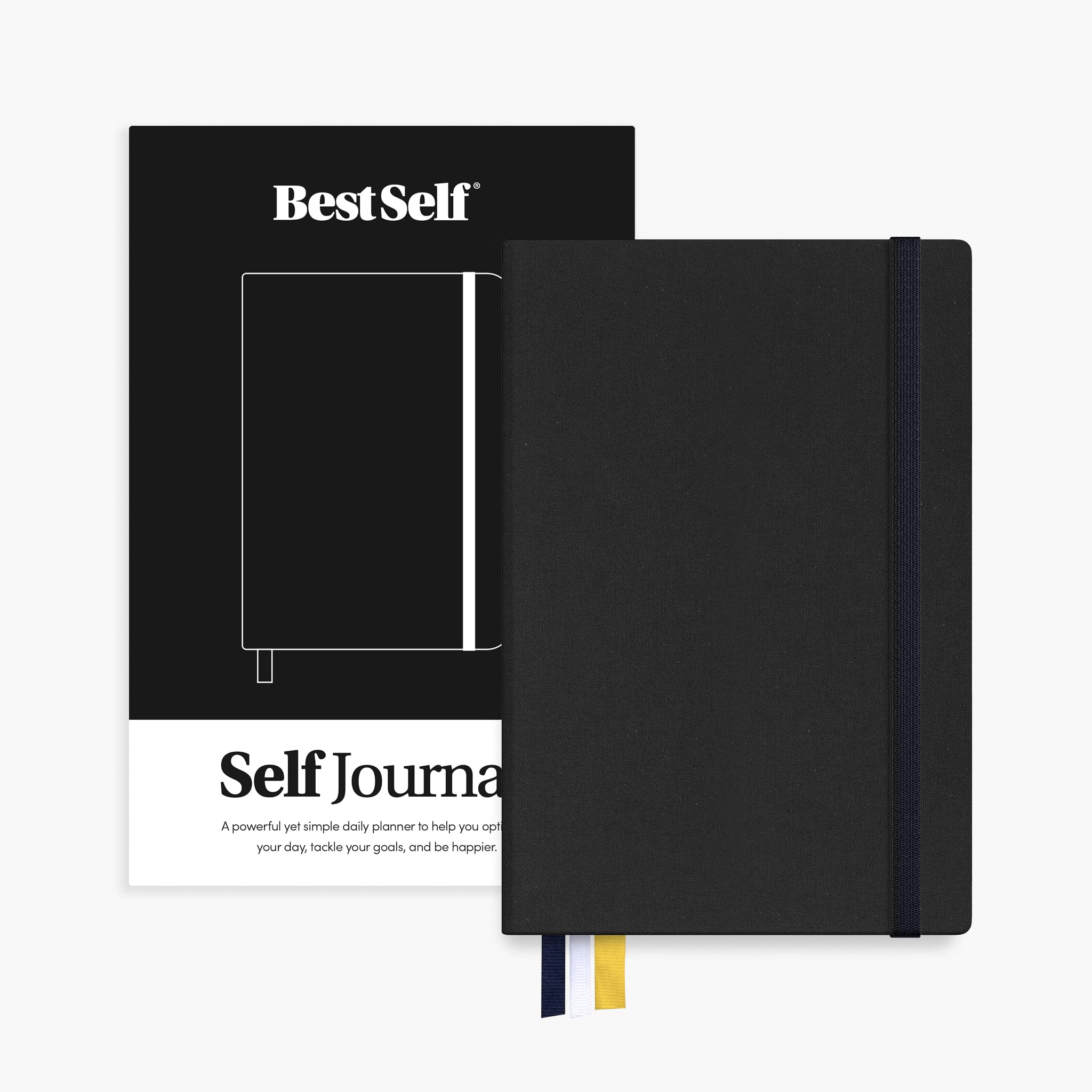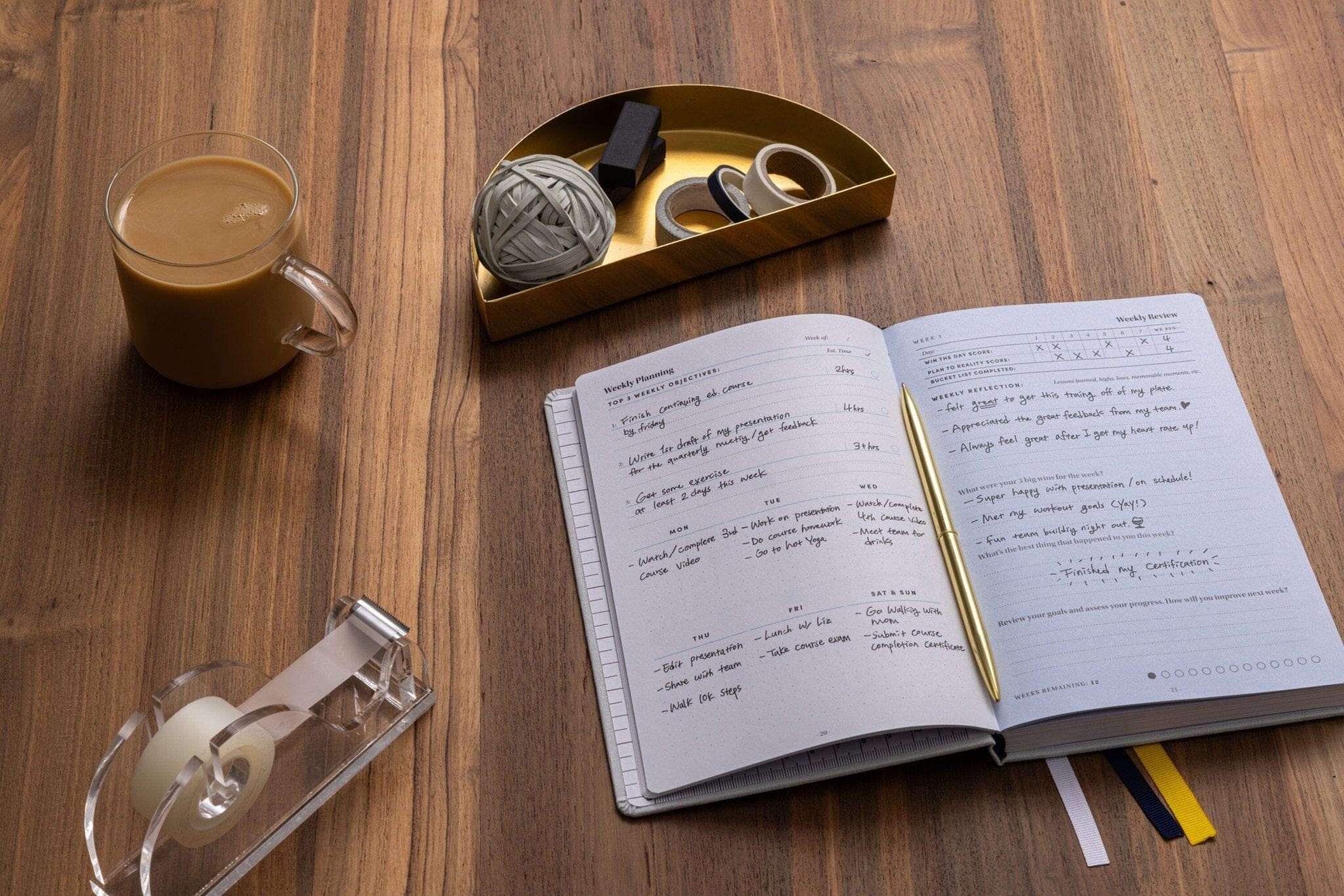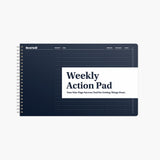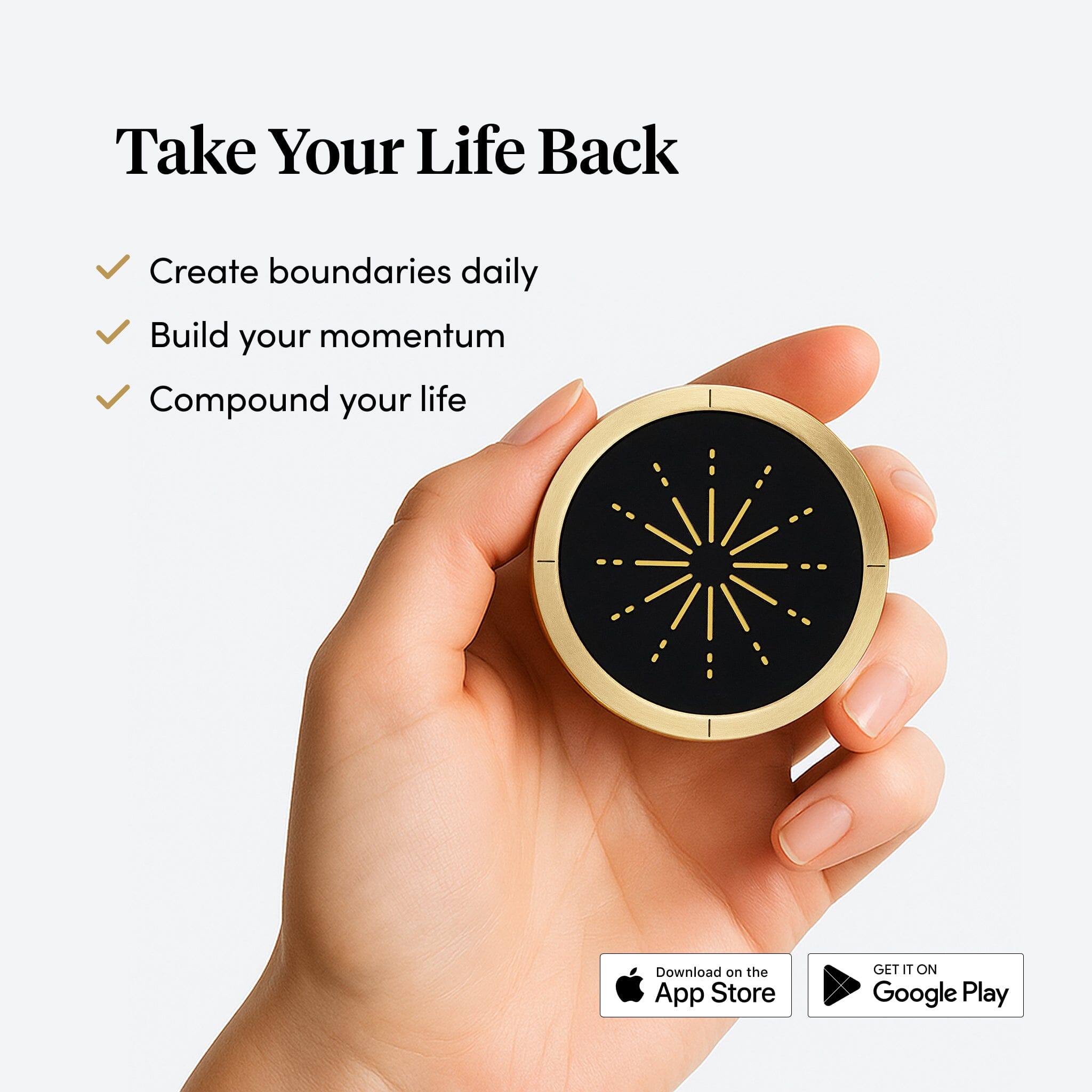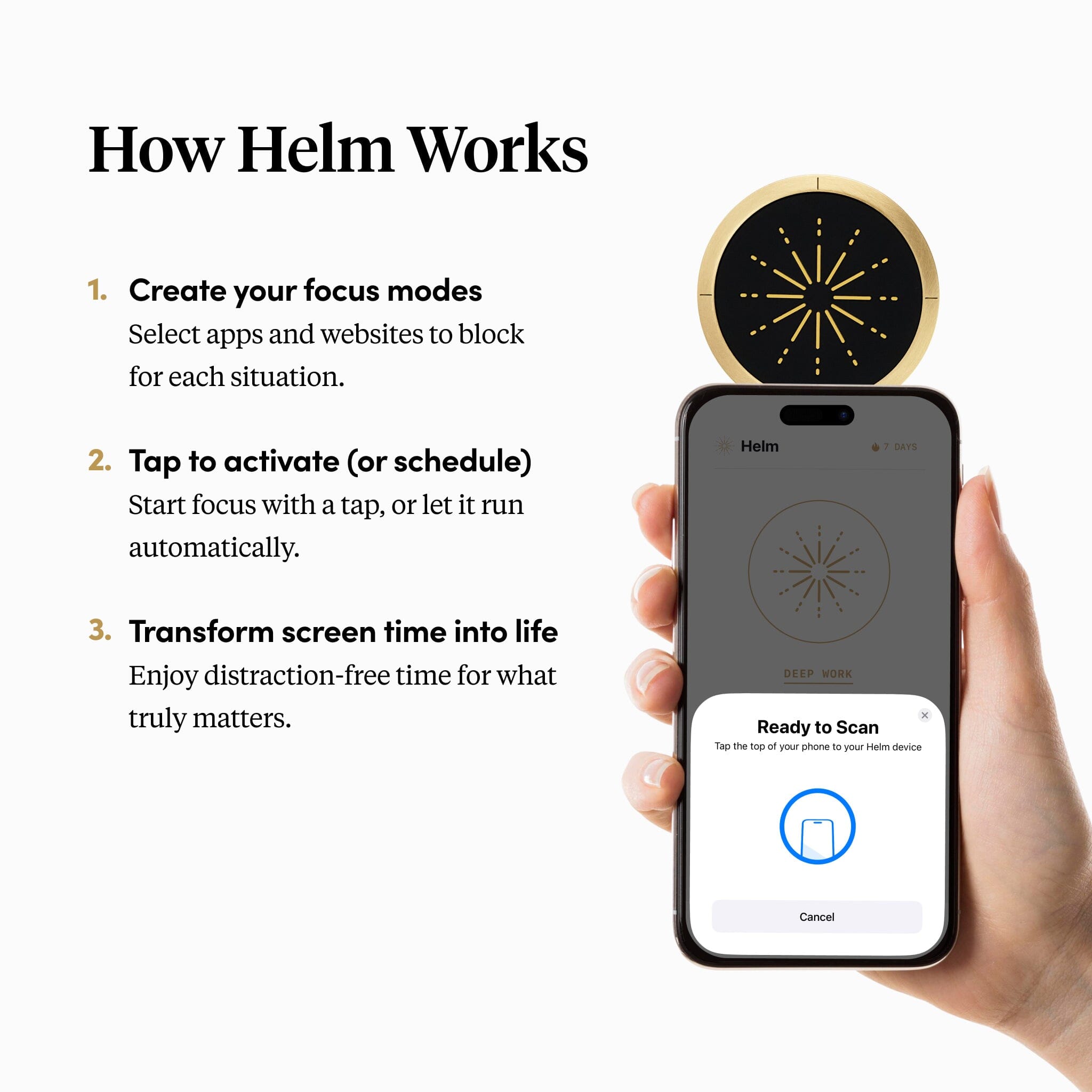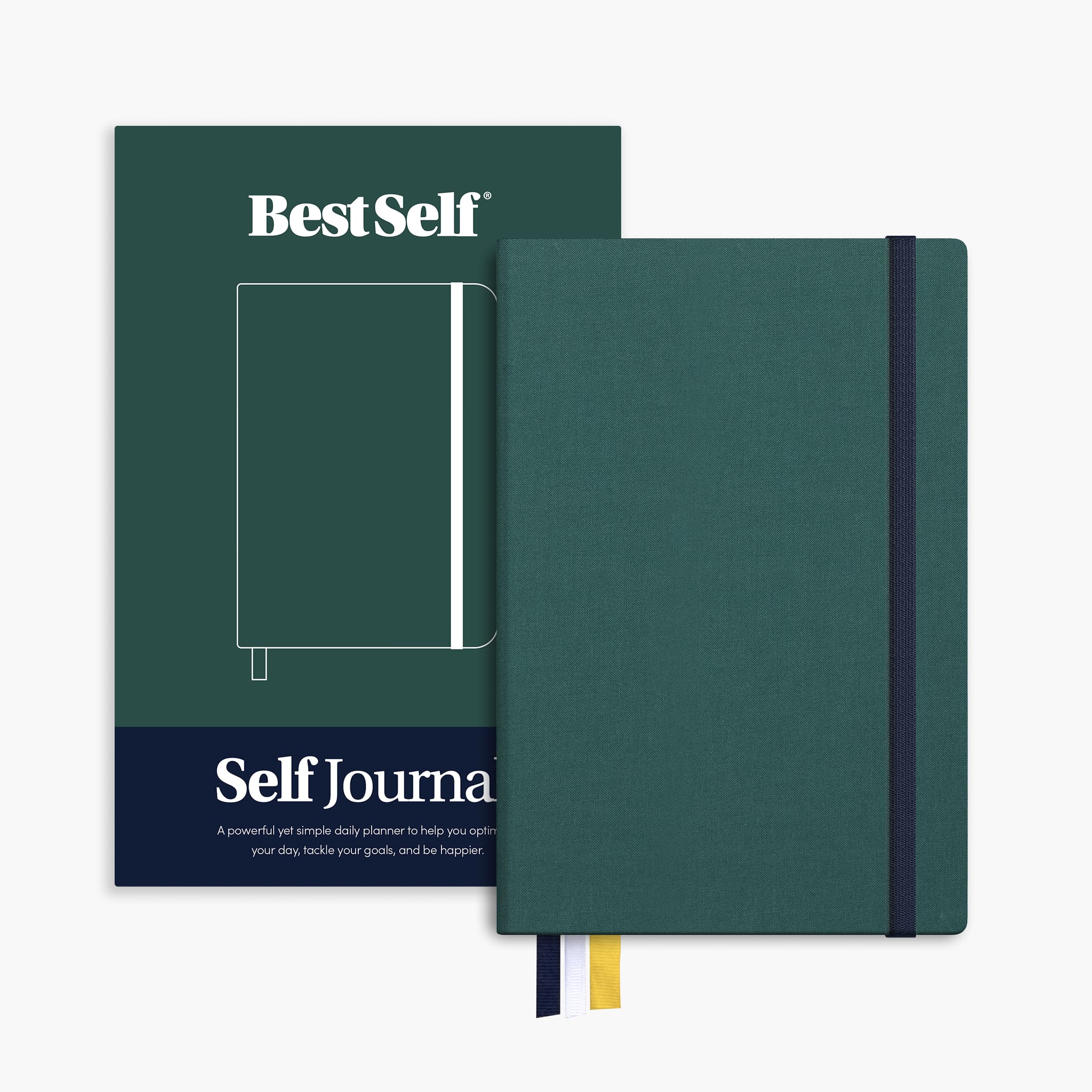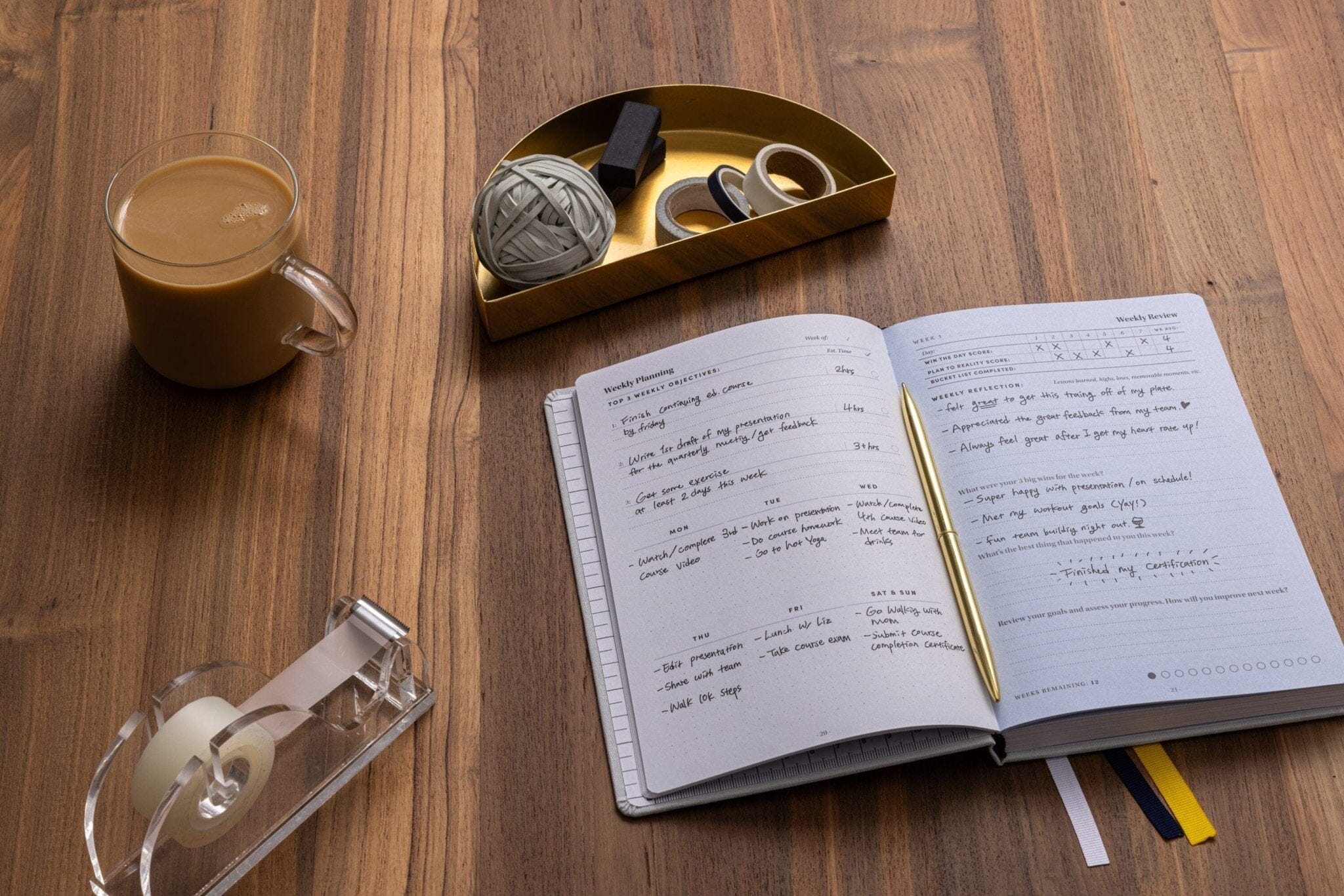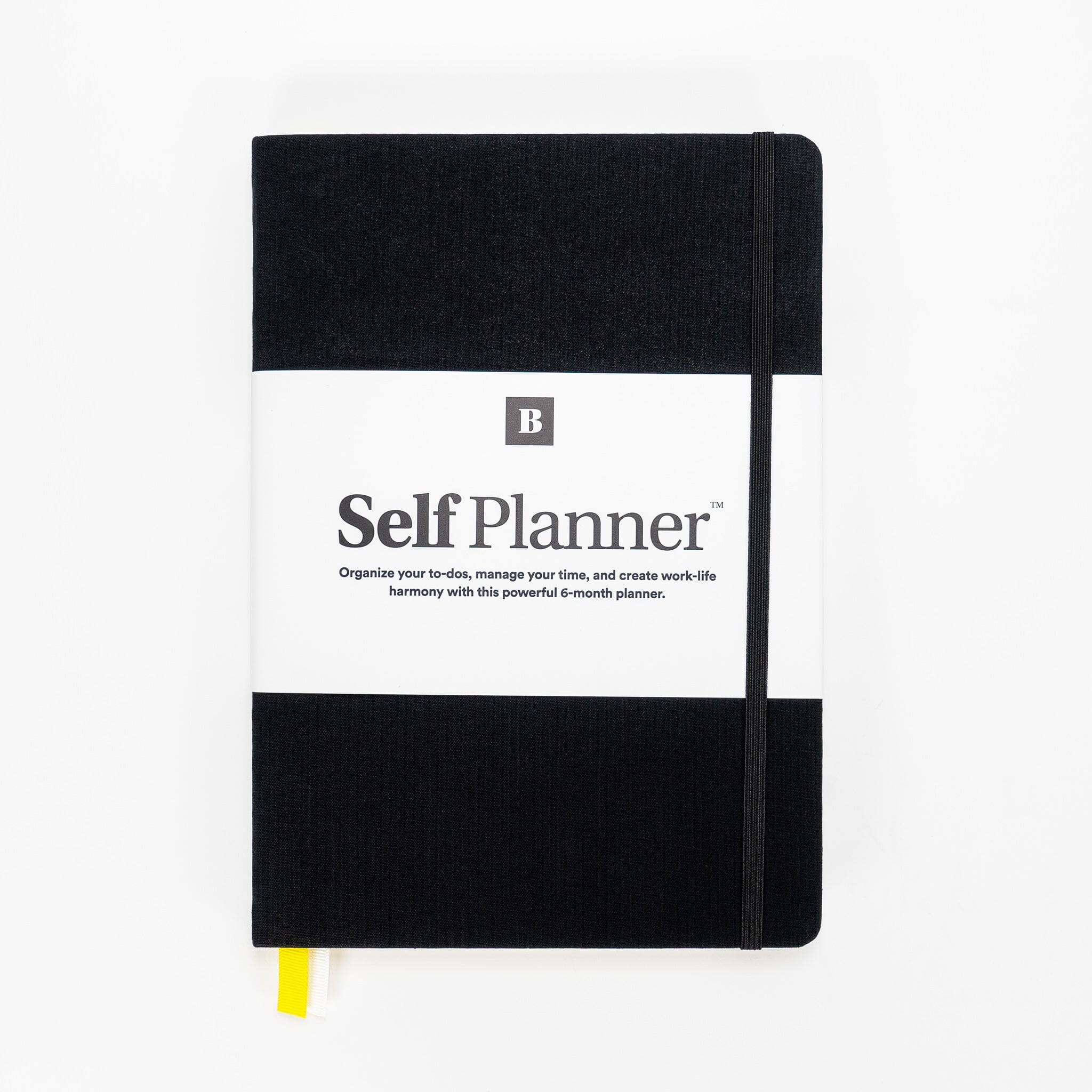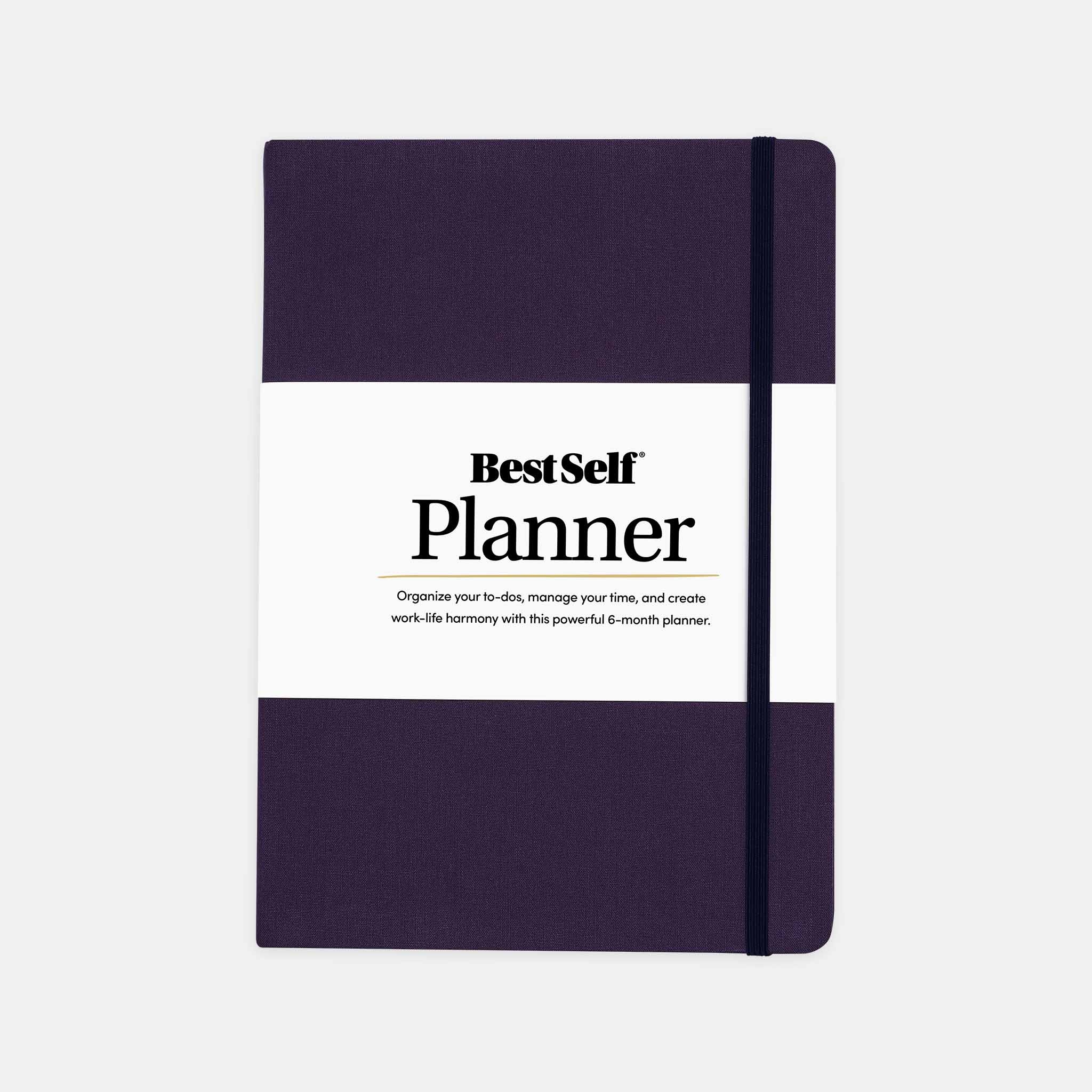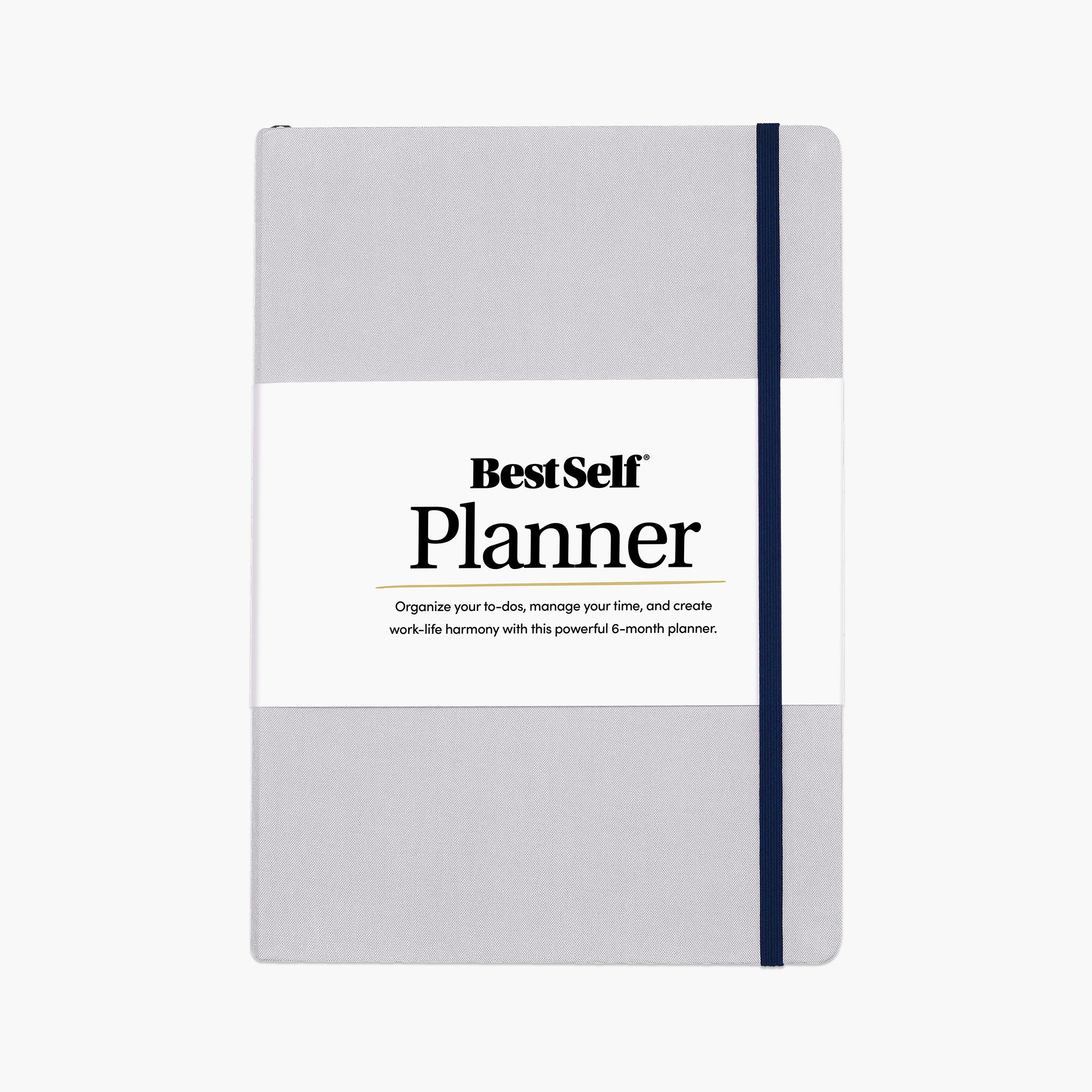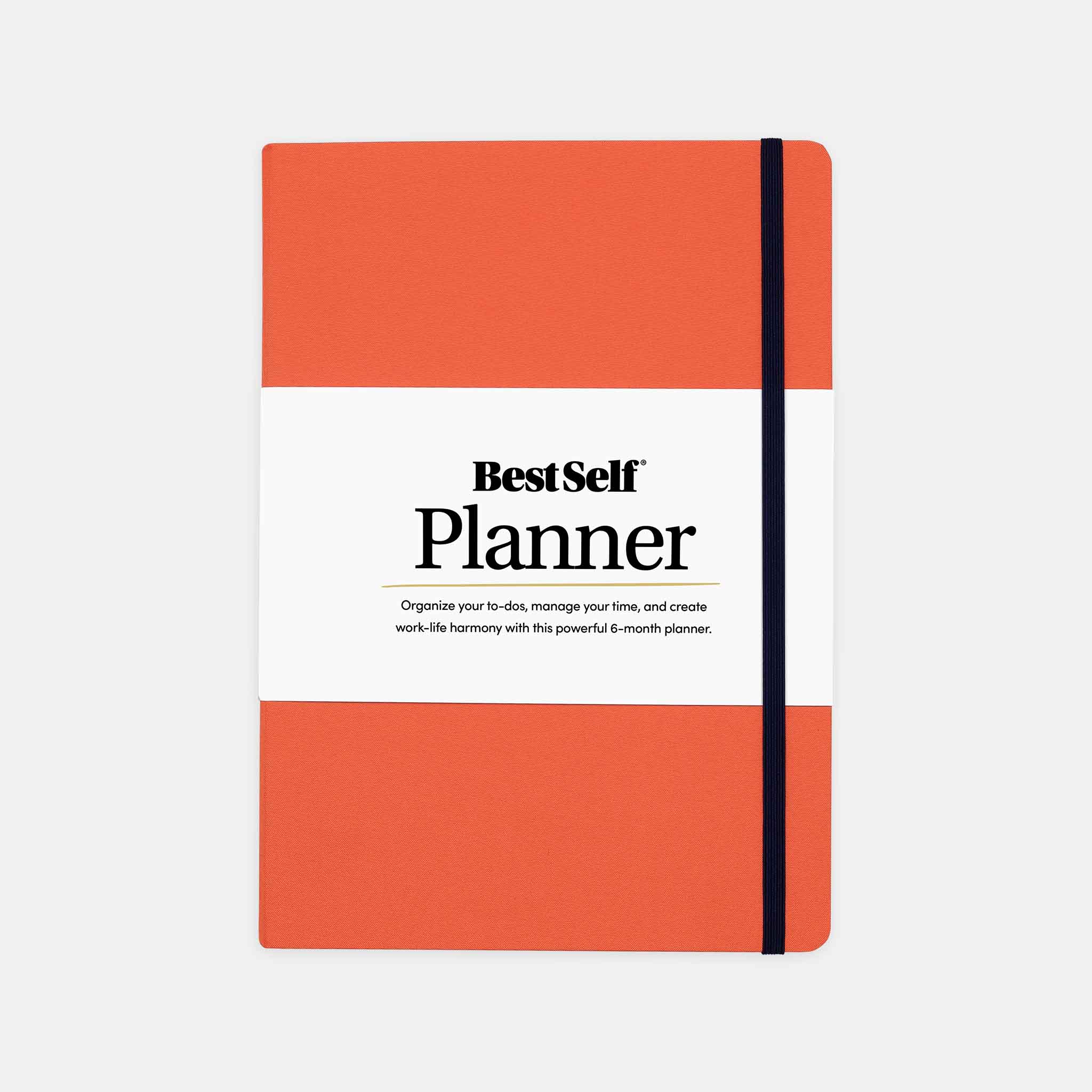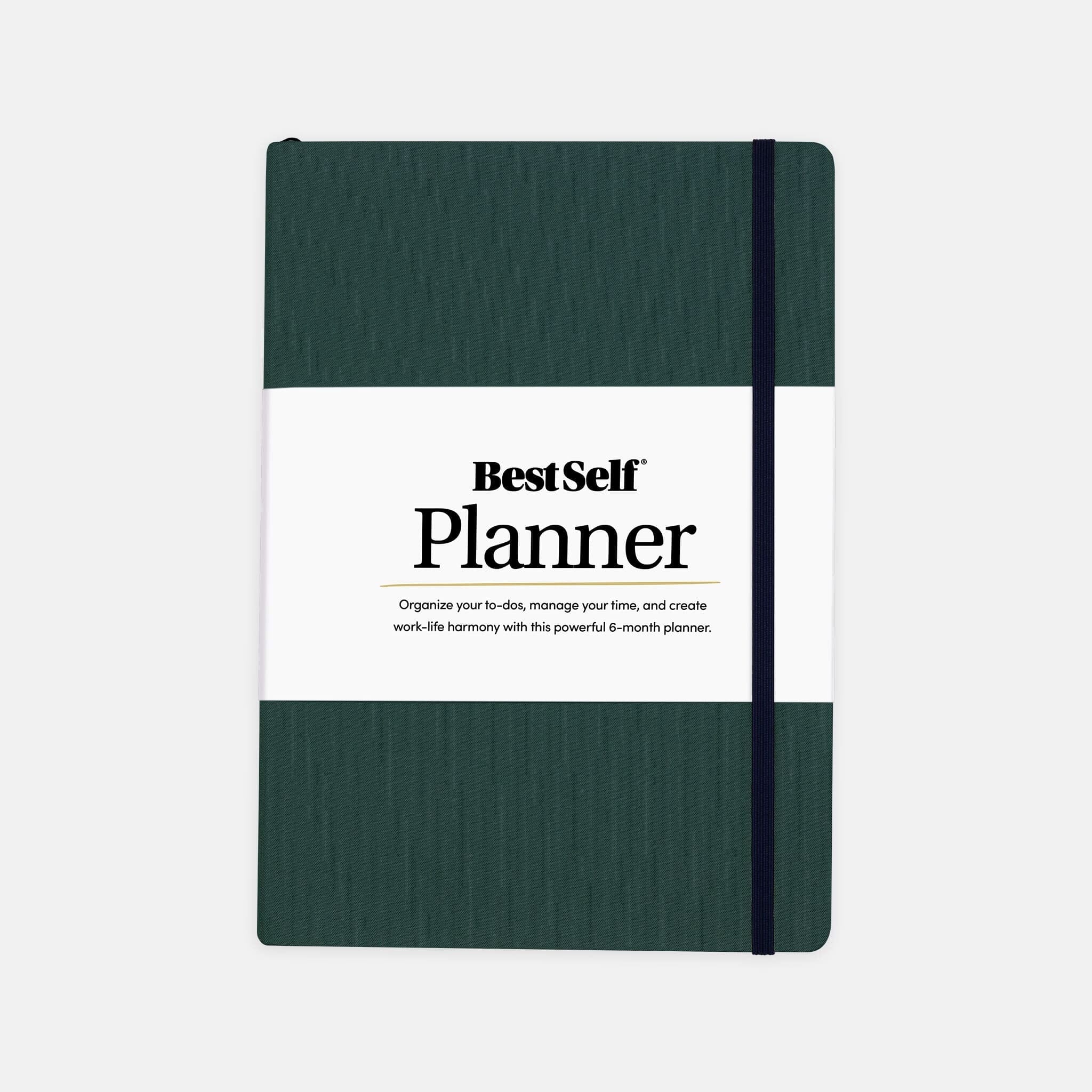The amount of time we have to get things done in our day is limited. We all work within the same 24 hour day, yet some people do a fantastic amount of quality work in those same 24 hours.
On the flip side, others can barely beat down the urgent tasks knocking on their door so that they can work on the main projects.
What makes the difference? How do the ultra-productive get so, well, productive?
It is a combination of factors, but we have distilled them down into 11 key concepts & rules. Follow some of these rules and you’ll see a difference, follow all of these rules and you’ll be doing more with less in no-time flat.
1. One touch rule
Never put things in a holding pattern, deal with it now. Once you touch on a task, see it through to completion. Don't save an email or phone call until later -- if it catches your attention, get it done and out of the way. Act, delegate, or delete.
2. Worst goes first
This is a very effective strategy for beating procrastination. Get the worst, most dreaded job on your to-do list done before anything else. (i.e.,. Eat the Frog) Finishing the most challenging and dreaded task first keeps it from hanging over your head and distracting you all day. You have to do it regardless, just get it done now.
3. Don't let email take control
Set a time to check email every day, deal with any necessary responses right away, and then don't open it again. Alerts can be placed so priority messages from important customers are brought to your attention immediately without needing to recheck every hour (or minutes for some of you). Productive people don't allow email become a constant interruption.
Check out a handy tool I use: Inbox Pause
You can also set up an auto-reply that states you only check emails during a specific hour each day. Tim Ferriss talks about Ideas For Cutting Down On Email in this podcast with some other golden nuggets on productivity as well.
4. Stay On Target & On Schedule
Meetings are often huge time-wasters and will drag on forever if not properly controlled. Every meeting should have a defined schedule and participants should be informed that you are sticking to it. Any small concerns or ideas need to be addressed after the meeting. These rules limit distractions and motivate the other participants to be more focused on the subject at hand.
5. Don't Let Little Fires Burn Momentum
There will always be small tasks and urgent actions that pop up and demand your attention. These distract from the important projects and get in the way of productive performance. Learn to ignore or delegate those urgent, but less important tasks so they don't distract from your momentum.
6. Just Say NO (like drugs)
If you don't have time to work on a new project or urgent task, say NO.
Avoid using ambiguous phrases that leave the door open just enough for the project to be shoved through it. People who have difficulty asserting themselves and turning away projects are more likely to suffer increased stress and eventual burnout. If the answer is no, just say NO, and say it right away.
Do not let them revisit the same request in one-month if you have no desire or bandwidth to work on it. It creates a bad situation all around when you request to reconsider something you should have said no to the first time.
7. Ultra-Focus, Not Multitasking
According to research conducted by Stanford University, multitasking is a real productivity killer. People who are constantly evaluating and absorbing multiple streams of information have difficulty paying attention, recalling specific information, and switching from one job to another efficiently.
Even those individuals who feel they have a "gift" for multitasking perform worse than those who can hyper-focus on a single task and move on only when it is completed.
8. Go Off Grid
This is a strategy frequently employed by authors when they need to hyper-focus to finish a book. Going off the grid is an excellent tool to complete high-priority projects without distraction. Have one trusted person set up as a filter so true emergency situations can be brought to your attention, but nothing else.
9. Delegate and Trust
There are plenty of other smart, talented people in your organization. Learning to delegate means learning to trust others to do their jobs without ongoing oversight. Let them focus on their work so you can focus on yours. If someone can handle the same task at 90% your level, then give it to them. It’s worth passing so you can focus on higher level items.
10. Put Technology To Work
Technology can be a fantastic tool or a huge distraction. Ultra-productive people know how to use technology to help them focus. Use email filters so that messages are sorted and prioritized automatically, set up alerts for important notifications like changes in stock prices or feedback from important clients.
You don't need to be constantly checking your smartphone for status updates if it can tell you when something important comes along. We suggest looking into IFTTT or Zapier for triggered alerts and automation.
11. Prepare For Tomorrow Today
End your day preparing for the next. Night before preparation is a very simple task that only takes a few minutes, but helps to jump-start the next morning. Plan out your to-do list and prioritize it before going to bed. It is also a good practice to briefly run through the events of the day and make any notes that will help with tomorrow's tasks. By setting the intention of what needs to get done tomorrow, you set yourself up for working on the highest task first and getting the most from your day.
These little changes can make a huge difference in your daily productivity, use these strategies and tips to help you in life, business, & side projects.
When you start implementing these outside of your work environment and bring them into your personal life, you’ll also see the shift in attitude and how much you can accomplish.





